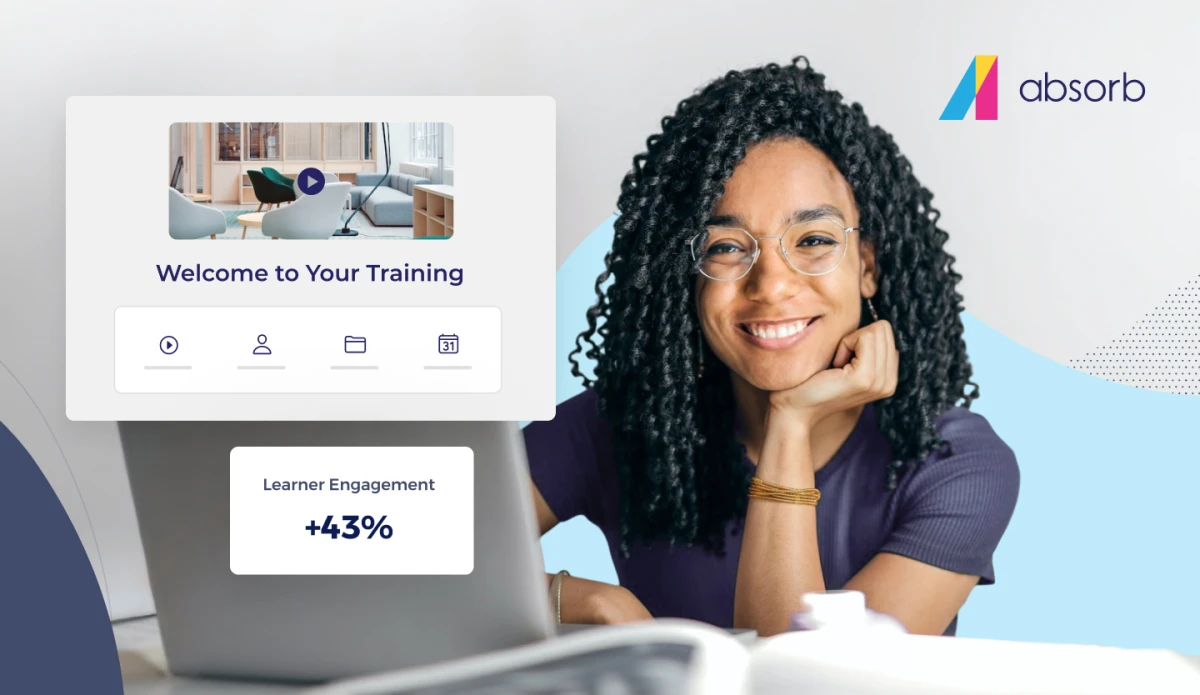As Mick Jagger famously sang, "You can't always get what you want, but if you try sometimes, you get what you need!". I sometimes wonder if he worked in software sales (okay, not really), but this expression could be100% applicable to the process of procuring or selling software.
As a "Top 10" LMS vendor, we regularly receive RFI and RFP invitations from all kinds of organizations. While we welcome the opportunities provided, the process of answering what should be a simple Yes or No question can often be quite frustrating. Here are some do's and don'ts for writing an LMS RFP.
LMS RFP Dont's
There are three reasons for this:
- Companies can be too prescriptive with their requirements definitions.
- Companies combine multiple requirements into a single Yes/No question.
- Companies do not provide the vendor with an opportunity to recommend betteroptions.
Let's explore these problems using a single, typical, example: Quite often in an RFI/RFP we will see a requirement like this: The system allows external users to request an account, and for administrators to create an account, and then enroll them in their required training according to the company they work for, or the product that they have purchased. Answer "Yes/No" and either "Custom/Out-of-the-Box"
The problem with this is that someone (with potentially limited LMS exposure)has envisioned an LMS workflow that they think is best for their use case. Rather than describing the story, they've actually provided a specific solution that the vendor either either supports or does not support. As a vendor, this paints us into a corner. For one, we need to support all aspects of the statement in order to say "Yes". More importantly, we may have a much better solution (like enrollment keys) that could save the client loads of time and frustration, automate the process, and provide a better user experience, but to say sowould mean answering"No" and then not complying with the requirement as stated. As a vendor, if this was a mandatory requirement, you'd be out of the running. As a customer, you may end up missing out on some of the best solutions in the market.
A Better Way to Answer an LMS RFP
The better way to do this is to describe your story or use case without referring software features. For example: Our company has been experiencing huge growth, and the current method for training new customers (live onsite) on our products is no longer scalable, timely, or cost-effective. We have converted our courses into a SCORM eLearning format and would like to use this as a way to scale-up our ability to train larger numbers of customers, and also to shorten the time it takes to get them trained from the time they purchase the product. All customer contact information and product purchase history are stored in our Salesforce.com CRM.
"Please describe the methods you support to create learner accounts, so that they can then be enrolled in the appropriate training based upon their company and product(s) purchase history. " The above use case allows a vendor to provide multiple options and also to recommend the best of those options. You can still have your selection committee rank or score responses to get to a short list, and you can use your preferred options to define script-driven demos. This avoids a huge potential problem if getting what you want, but not what you need. Some of you may be familiar with the old "Tree Swing" software development cartoon that illustrates what can happen when you think you've been clear in what you want.
In the end, a use-case or story-driven approach will get you what you need. In general, clients that follow this approach are often delighted to find that the vendors have come up with solutions that they never envisioned or even thought possible. For some tips on creating story-driven software requirements, check out the book User Stories Applied by Mike Cohn (recommended by a prospective client who submitted the best RFI I've ever had the pleasure of responding to). Upgrading your current platform, or getting your first LMS, provides a tremendous opportunity to improve your processes, save time, increase user satisfaction, save money, train more people, etc. Make sure you are giving the enthusiastic people in the industry the best possible opportunity to showcase their knowledge and experience. You will have a much better change of getting what you need! Happy shopping!





